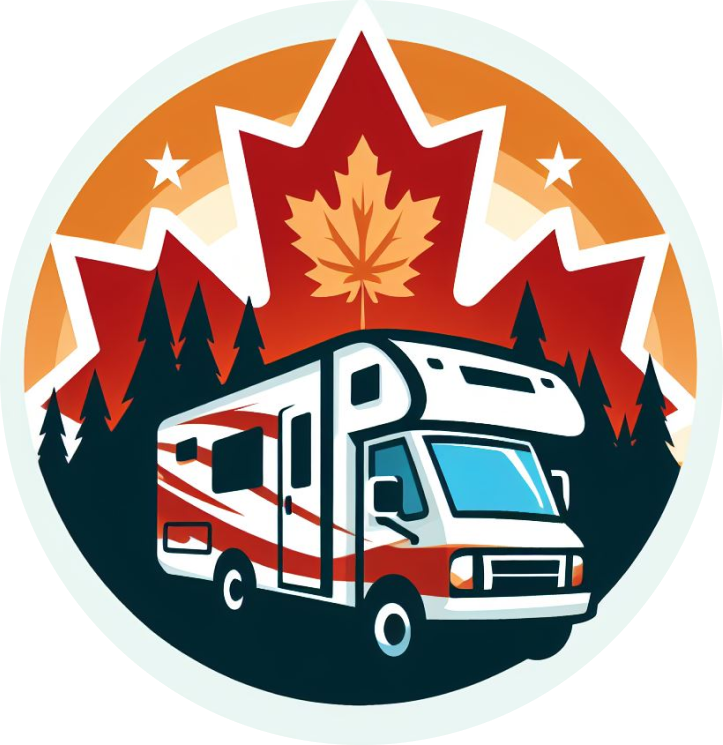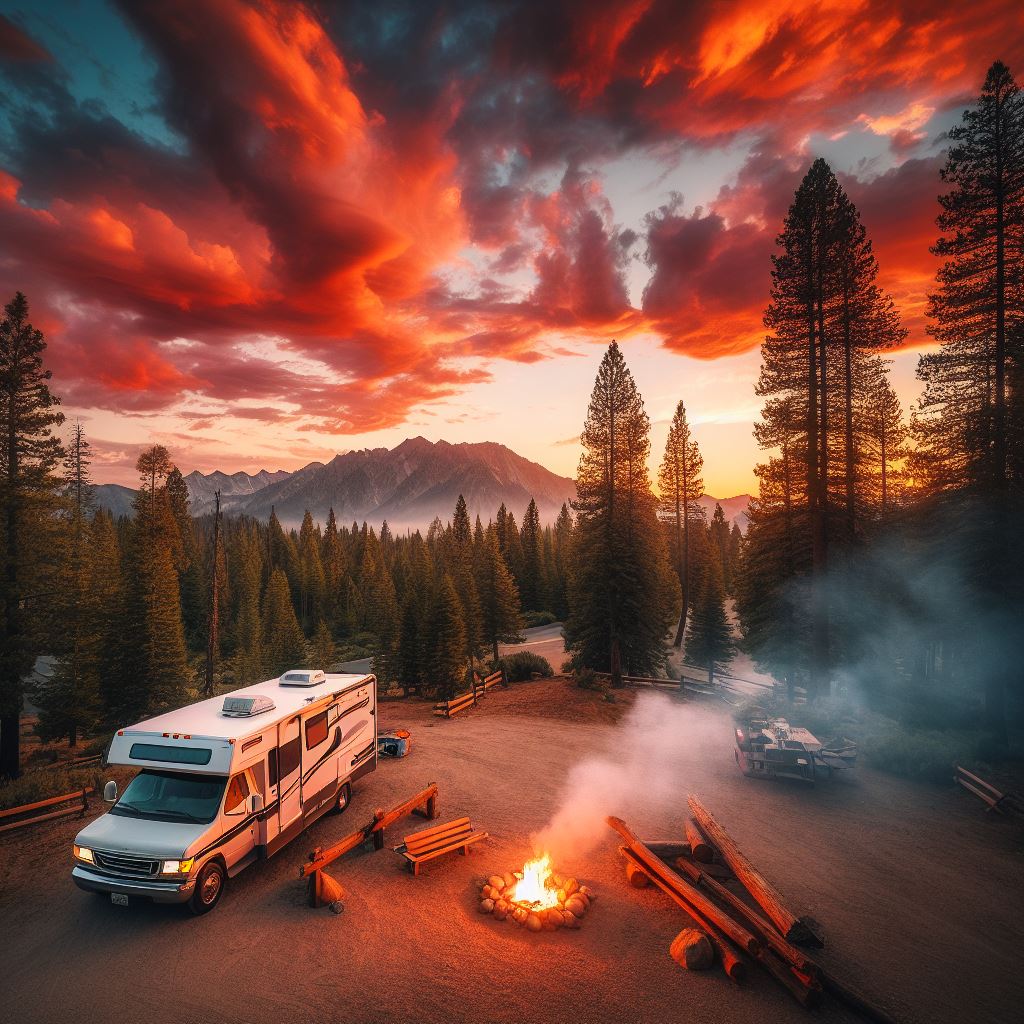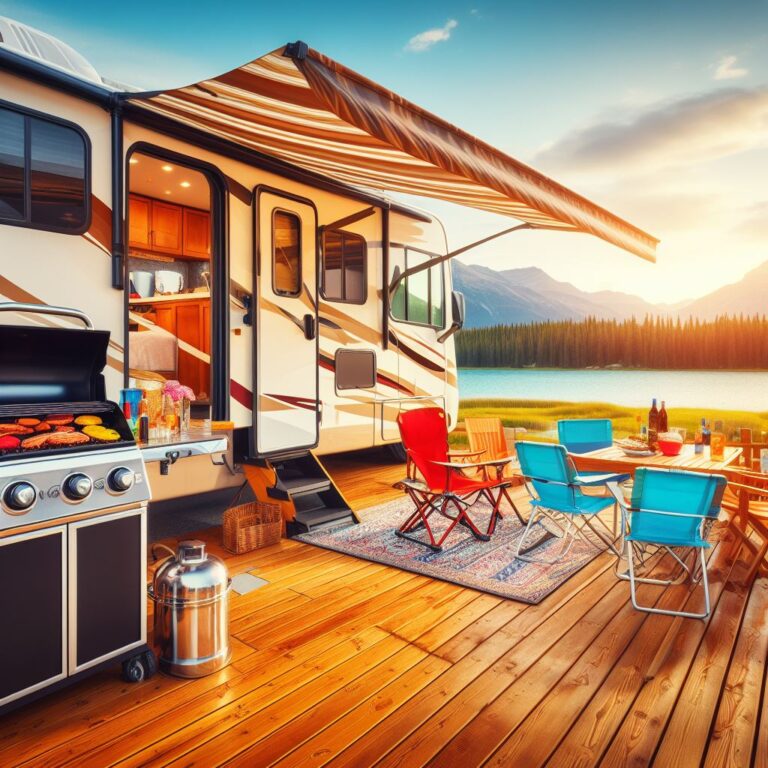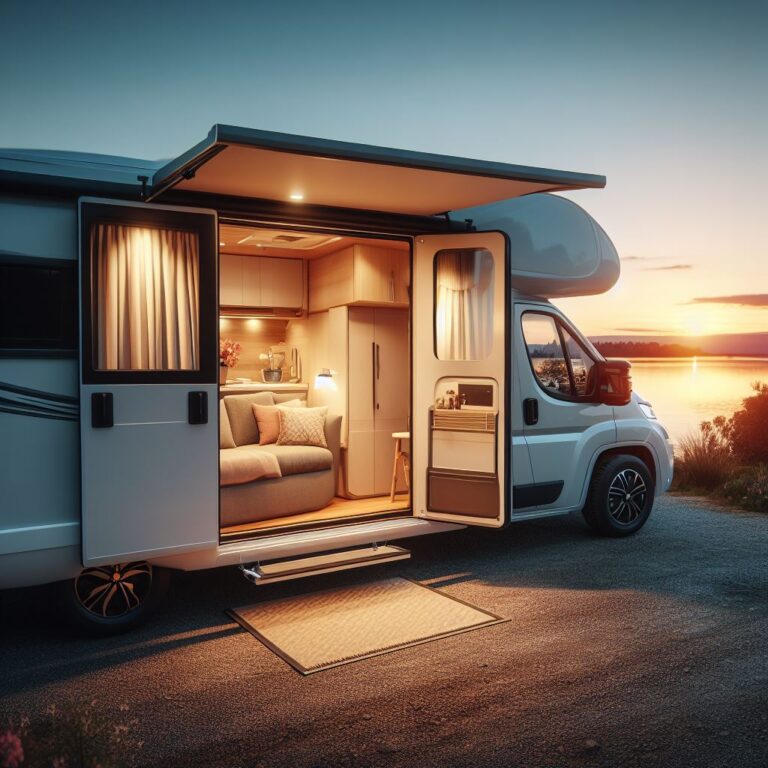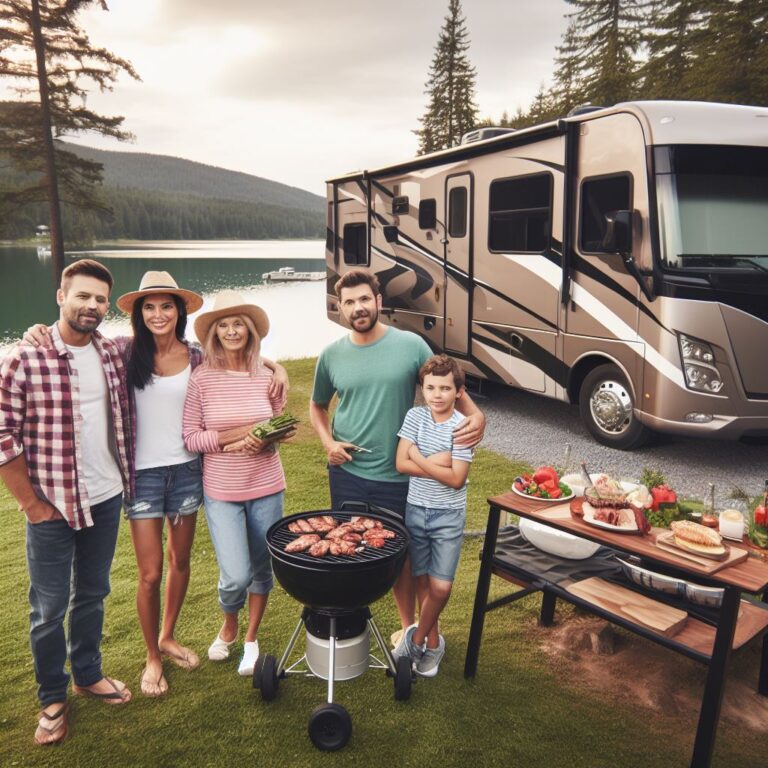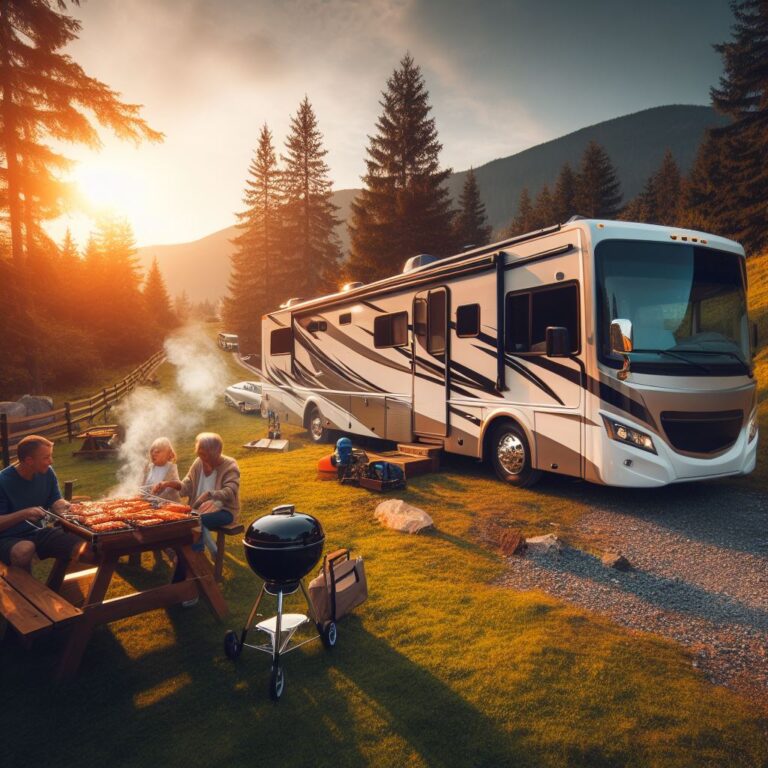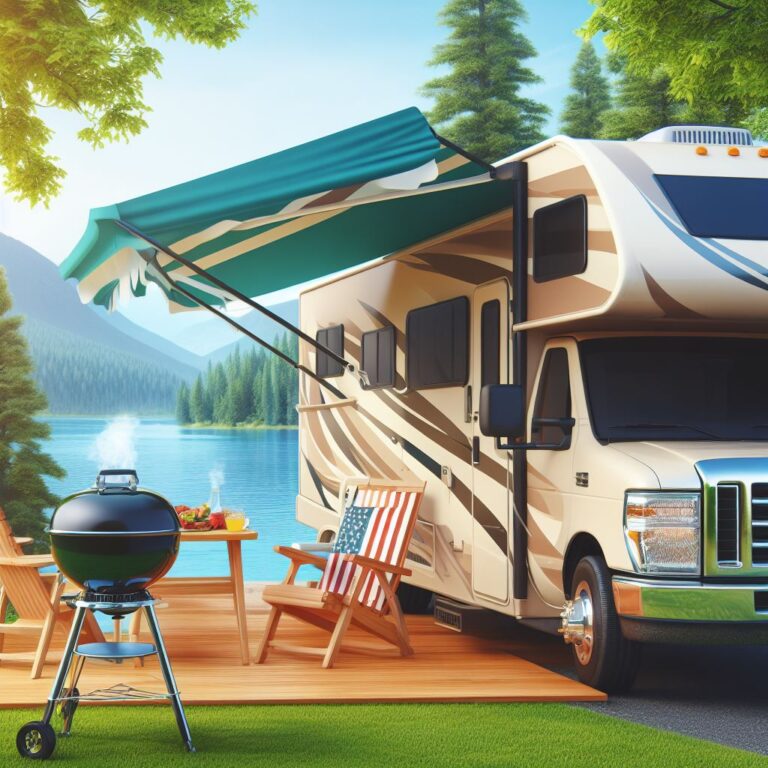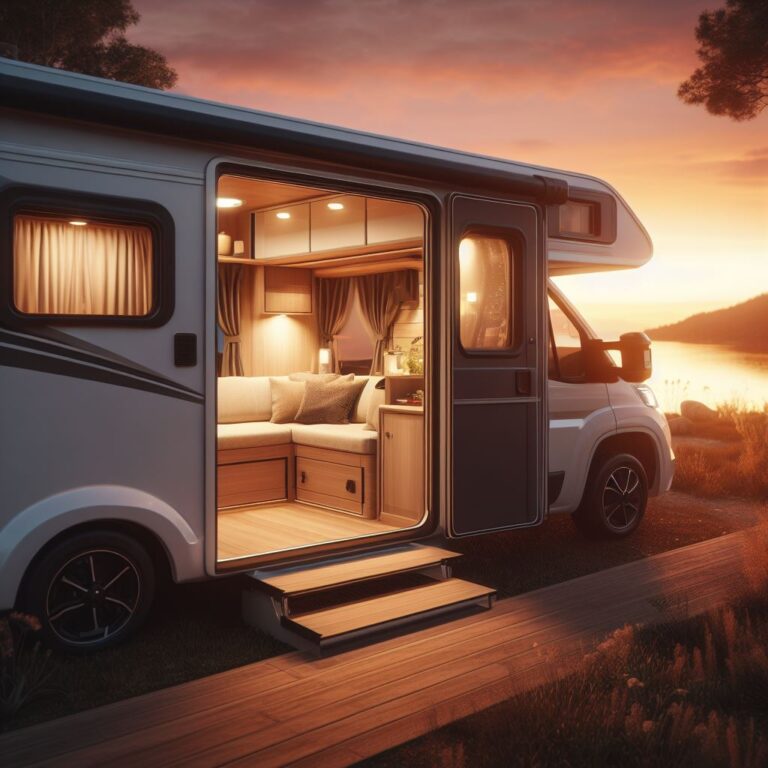Western R.V. Country Ltd. (Red Deer) Red Deer AB
Western R.V. Country Ltd. (Red Deer)
Western R.V. Country Ltd. (Red Deer) 65 Burnt Park Dr. Red Deer AB T4P 0J7 (403) 356-9399 http://www.westernrvcountry.com/
Types of RVs to Consider
The world of recreational vehicles (RVs) is vast, offering a range of options to suit different needs and preferences. One of the most common types is the motorhome, which is essentially a self-contained living space on wheels. Motorhomes come in various sizes, from compact models that can effortlessly navigate city streets to large, luxurious ones with ample space for amenities. Another popular option is the travel trailer, which is towed by a separate vehicle. Travel trailers offer the advantage of being detachable, allowing you to explore your surroundings without having to bring your entire living space with you. Finally, there are camper vans, which are compact and versatile, making them a great choice for adventurers who prioritize mobility and ease of use. These are just a few examples of the many types of RVs available, each offering its own unique features and benefits.
When considering which type of RV to go for, it’s important to think about your specific needs and preferences. Factors such as the number of people you’ll be traveling with, the type of destinations you plan to visit, and your budget will all come into play. Do you value comfort and space, or are you more concerned with maneuverability and efficiency? By carefully considering these factors, you can narrow down your options and find the perfect RV that complements your lifestyle and enhances your travel experiences.
Factors to Consider Before Buying an RV
When considering buying an RV, there are a few factors that you should keep in mind. First and foremost, it is important to think about the size of the RV that will best fit your needs. RVs come in various sizes, ranging from small camper vans to large motorhomes. Consider how many people will be traveling with you and how much space you will need for living and storage.
Another important factor to consider is your budget. RVs can range in price from a few thousand dollars to hundreds of thousands of dollars. Additionally, there are ongoing expenses such as fuel, maintenance, and campground fees to consider. Make sure to set a realistic budget and factor in all the associated costs before making your purchase.
It is also crucial to think about where you will be traveling with your RV. Are you planning on taking it on long road trips or just using it for weekend getaways? Knowing your intended use will help you determine the type and size of RV that will be most suitable for your needs. Additionally, think about the terrain you will be encountering, as some RVs are better suited for off-road adventures while others are designed for smoother, paved roads.
Lastly, consider your own level of RVing experience. If you are a novice, you may want to start with a smaller, more user-friendly RV that is easier to handle. On the other hand, if you have previous experience or feel confident in your ability to navigate a larger vehicle, you may opt for a more spacious and luxurious RV.
Taking these factors into consideration will help you make an informed decision when it comes to buying an RV that suits your lifestyle and preferences.
Understanding RV Financing Options
When considering purchasing an RV, it is essential to understand the various financing options available to you. RV financing typically falls into two categories: secured loans and unsecured loans.
Secured loans are the most common option and involve using the RV itself as collateral. This means that if you default on the loan, the lender has the right to repossess the RV in order to recoup their losses. Secured loans usually have lower interest rates and longer repayment terms, making them a popular choice for many RV buyers. On the other hand, unsecured loans do not require any collateral, but they often come with higher interest rates and shorter repayment periods. The type of loan that is best for you will depend on your personal financial situation and preferences.
Tips for Negotiating the Best Price
When it comes to buying an RV, getting the best price is often at the top of every buyer’s mind. Negotiating the best price for an RV requires some level of skill and strategy. First and foremost, research is key. Take the time to research the average market prices for the specific RV model you are interested in. This will give you a solid baseline to work with when negotiating with the seller. Additionally, always be willing to walk away if the deal doesn’t meet your expectations. Showing that you are prepared to walk away can give you leverage in the negotiation process.
The Importance of RV Maintenance
Taking care of your RV is crucial for ensuring that it remains in good condition and lasts for many years to come. Regular maintenance not only helps to keep your RV running smoothly, but it can also help to prevent costly repairs down the road. By following a few simple steps, you can keep your RV in tip-top shape and ready for your next adventure.
Firstly, regular inspections are a vital part of RV maintenance. This includes checking for any signs of damage or wear and tear, such as cracks in the roof, loose or leaking seals, or problems with the plumbing system. By catching these issues early on, you can take the necessary steps to repair them before they become major problems. Additionally, it is important to keep your RV clean, both inside and out. Regularly washing the exterior and cleaning the interior will not only keep your RV looking great, but it can also help to prolong its lifespan. Taking the time to clean the engine and other mechanical components can also help to prevent the buildup of dirt and debris, which can lead to performance issues.
Choosing the Right RV Insurance
When it comes to owning an RV, choosing the right insurance coverage is crucial. RV insurance provides protection for both your vehicle and your belongings while on the road. There are several factors to consider when selecting the right insurance policy for your RV.
Firstly, you’ll want to evaluate the type of RV you own. Different types of RVs require different types of insurance coverage. For example, a Class A motorhome will require more extensive coverage compared to a smaller camper van. Additionally, consider the value of your RV and the amount of coverage you need. It’s important to select an insurance policy that will adequately protect you financially in the event of an accident or damage. Be sure to review the different coverage options available and consult with an insurance professional to determine the best policy for your specific needs.
Planning Your RV Trip Itinerary
When embarking on an RV trip, planning your itinerary is an essential component of ensuring a smooth and enjoyable journey. Before you hit the road, take some time to research and map out the destinations you want to visit along the way. Consider factors such as distance, travel time, and your personal preferences to create a well-rounded itinerary that caters to your interests and allows for flexibility.
Start by identifying the key attractions and landmarks you wish to visit during your RV adventure. Look for noteworthy national parks, historical sites, scenic drives, or popular tourist destinations that lie along your route. It’s important to strike a balance between must-see spots and allowing time for relaxation or spontaneous detours. Additionally, consider the time and season when planning your itinerary, as certain destinations may be more crowded or less accessible during peak travel times. By carefully planning your RV trip itinerary, you can maximize your enjoyment and make the most out of your journey.
Must-Have RV Accessories for Your Adventure
When embarking on an RV adventure, having the right accessories can greatly enhance your experience on the road. One must-have accessory is a generator, especially if you plan on camping in remote areas without access to electricity. A generator will provide you with the power needed to run appliances, charge your devices, and keep your RV’s batteries charged. Look for a generator that is quiet, fuel-efficient, and has enough power to meet your needs.
Another essential accessory for your RV adventure is a leveling system. Uneven terrain can make it challenging to set up camp and can even affect the stability of your RV. A leveling system allows you to adjust and stabilize your RV easily, ensuring a comfortable and safe stay wherever you park. Look for a leveling system that is easy to use and can accommodate the weight and size of your RV.
Investing in quality RV accessories will not only make your adventure more enjoyable but also help to prolong the life of your RV. Consider the specific needs of your trip and choose accessories that will enhance your comfort, convenience, and safety on the road.
RV Safety Tips for New Owners
RV Safety Tips for New Owners
1. Conduct a thorough walk-through before hitting the road: As a new RV owner, it’s crucial to familiarize yourself with your vehicle and its safety features. Take the time to go over the user manual and attend any orientation sessions provided by the dealership. During your walk-through, pay attention to the location of emergency exits, fire extinguishers, and the functioning of all safety equipment. Don’t forget to test the smoke and carbon monoxide detectors and ensure they are properly installed and operational. By conducting a thorough walk-through, you’ll gain the confidence and knowledge needed to address any safety concerns that may arise during your travels.
2. Master the basics of RV driving: Driving an RV can feel quite different from driving a regular passenger vehicle due to its larger size and weight. Before embarking on your first trip, practice driving and parking your RV in an open space or an empty parking lot. Familiarize yourself with procedures such as turning, braking, and parking, paying attention to any blind spots and the increased turning radius. Additionally, always adhere to speed limits, wear your seatbelt, and ensure all passengers are securely buckled up. By mastering the basics of RV driving, you’ll enhance both your safety and the safety of others on the road.
Finding Reliable RV Service and Repair Shops in Red Deer, AB
In Red Deer, AB, finding reliable RV service and repair shops is essential for every RV owner. When your RV needs maintenance or repairs, you want to ensure that you can trust the shop to provide quality work and prioritize your needs. With a little research and consideration, you can find reliable service and repair shops in Red Deer that will meet your RV’s needs and give you peace of mind.
One way to find reliable RV service and repair shops in Red Deer is to ask for recommendations from fellow RV owners. They can provide valuable insights based on their personal experiences and direct you to trustworthy shops. Additionally, reading online reviews and testimonials can give you a sense of the shop’s reputation and customer satisfaction levels. Taking the time to research and gather feedback will help you make an informed decision and find a reliable service and repair shop in Red Deer, AB.
- How To Choose TIPHOPE RV Accessories - February 10, 2024
- How To Choose Joinfworld RV Accessories - February 10, 2024
- How To Choose Conntek RV Accessories - February 9, 2024
